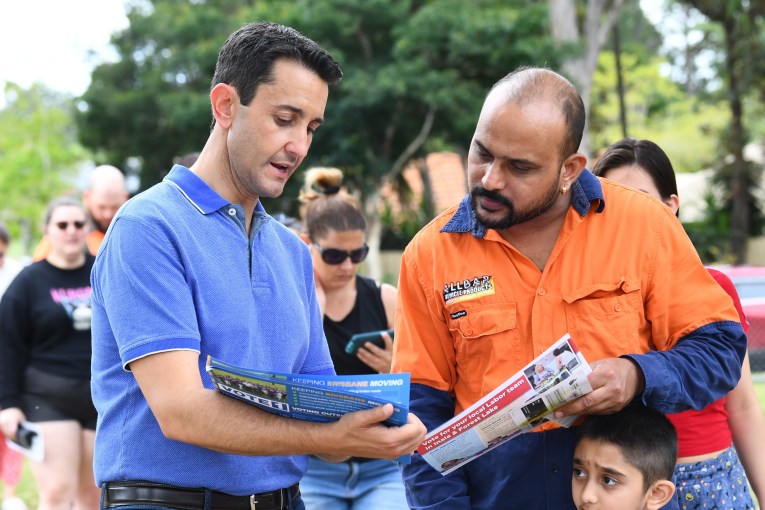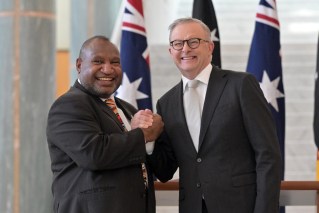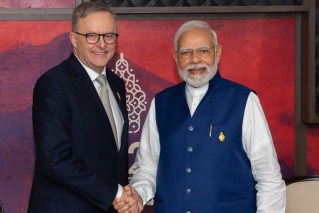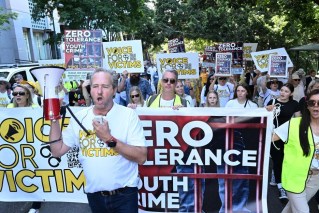Our own ‘Mabo moment’ as islander customs recognised
Traditional child-rearing customs practised by Torres Strait Islander families for generations would be legally recognised under a law backed by the Queensland Government.
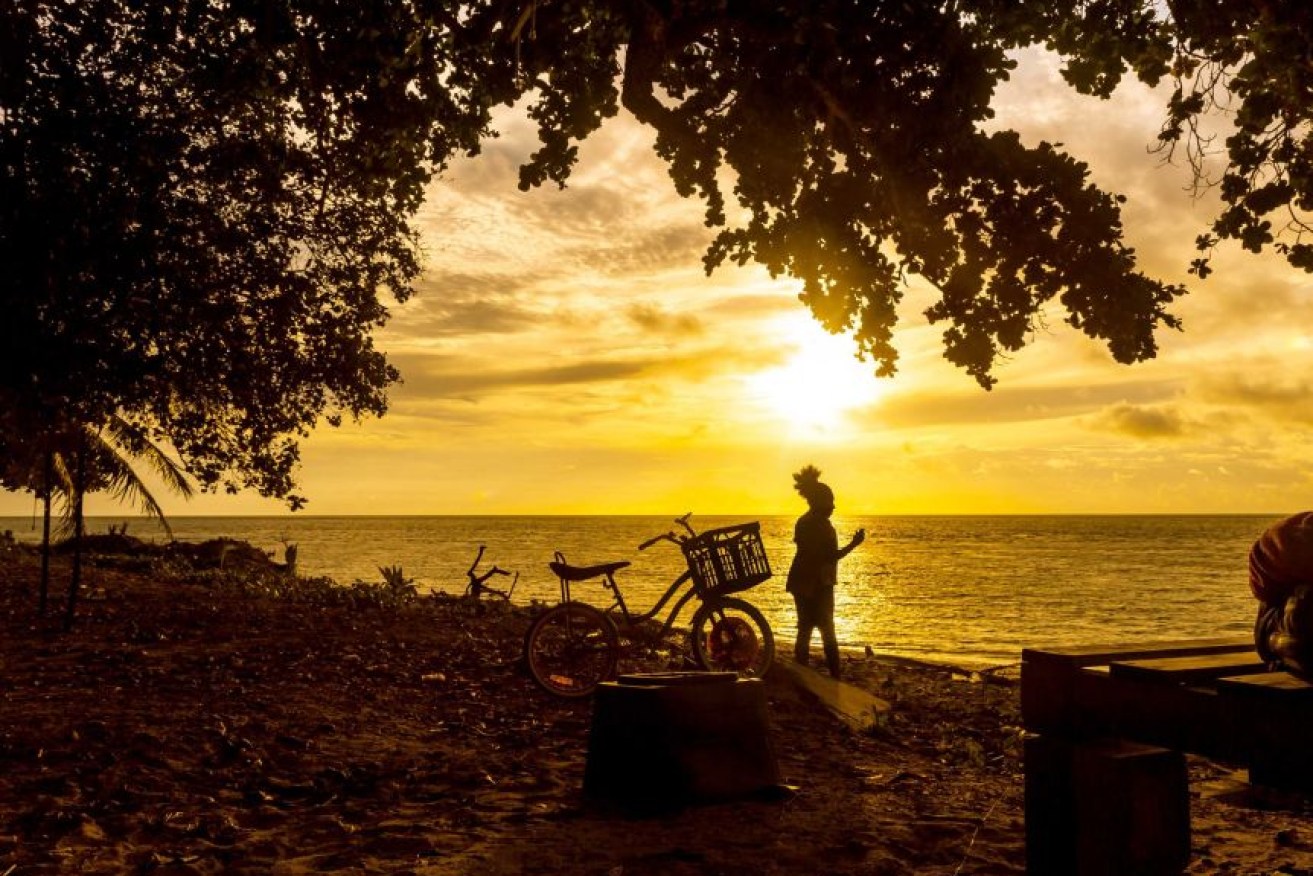
Cynthia Lui, the member for Cook and first Torres Strait Islander elected to any Australian parliament, introduced the private member’s bill during an emotional address to state parliament on Thursday.
The State Government is aiming for a vote in September, which would mean ancient, sacred and enduring child-rearing practices are legally recognised for the first time.
The custom involves birth parents permanently giving a child to cultural parents, who are usually their extended family.
They take on all parenting responsibilities, including the same surname, cultural rights and entitlements such as inheritance.
However, the child continues to have a relationship with their birth parents because they are cared for within their extended family.
“The child continues to have a relationship with them, and can recognise them as aunt, uncle or another familial relationship,” Lui said.
As a child, Lui, an Iamalaig woman of the Kulkalgal Nation of the Torres Strait, said she had wondered why traditional child-rearing practices were not publicly discussed.
“Today, I speak in my cultural truth that children who are raised under this practice deserve only love, respect, dignity and acceptance, and the questions about who they are and where they come from is irrelevant,” Lui told parliament.
“This practice ensures that the child’s cultural right is treated with the utmost respect and dignity they deserve.”
Torres Strait Islander communities and families have fought for their child-rearing practice to be legally recognised for more than 30 years.
If passed, the law would resolve issues faced by Torres Strait Islanders whose legal identity is not reflective of their cultural identity or lived experience.
They would be able to access a new birth certificate allowing for easy access to government services such as financial support and school enrolments.
“What you have done is that you have given our children the right to exist as Australian in this country,” Ivy Trevallion, of the Dauan and Saibai Islands, later told government MPs.
“They don’t have to fight anymore.
“They can practise their culture without having to worry whether they are going to have to disclose or let this person know, let the child know, where they come from.”
McRose Elu, from the Khoedal clan of Saibai Island, said the process of enshrining lore into law had been difficult because the child-rearing practice was sacred and secret
“We had to really struggle through to make you understand perfectly,” she said.
The bill will now be reviewed by a parliamentary committee.
-AAP
